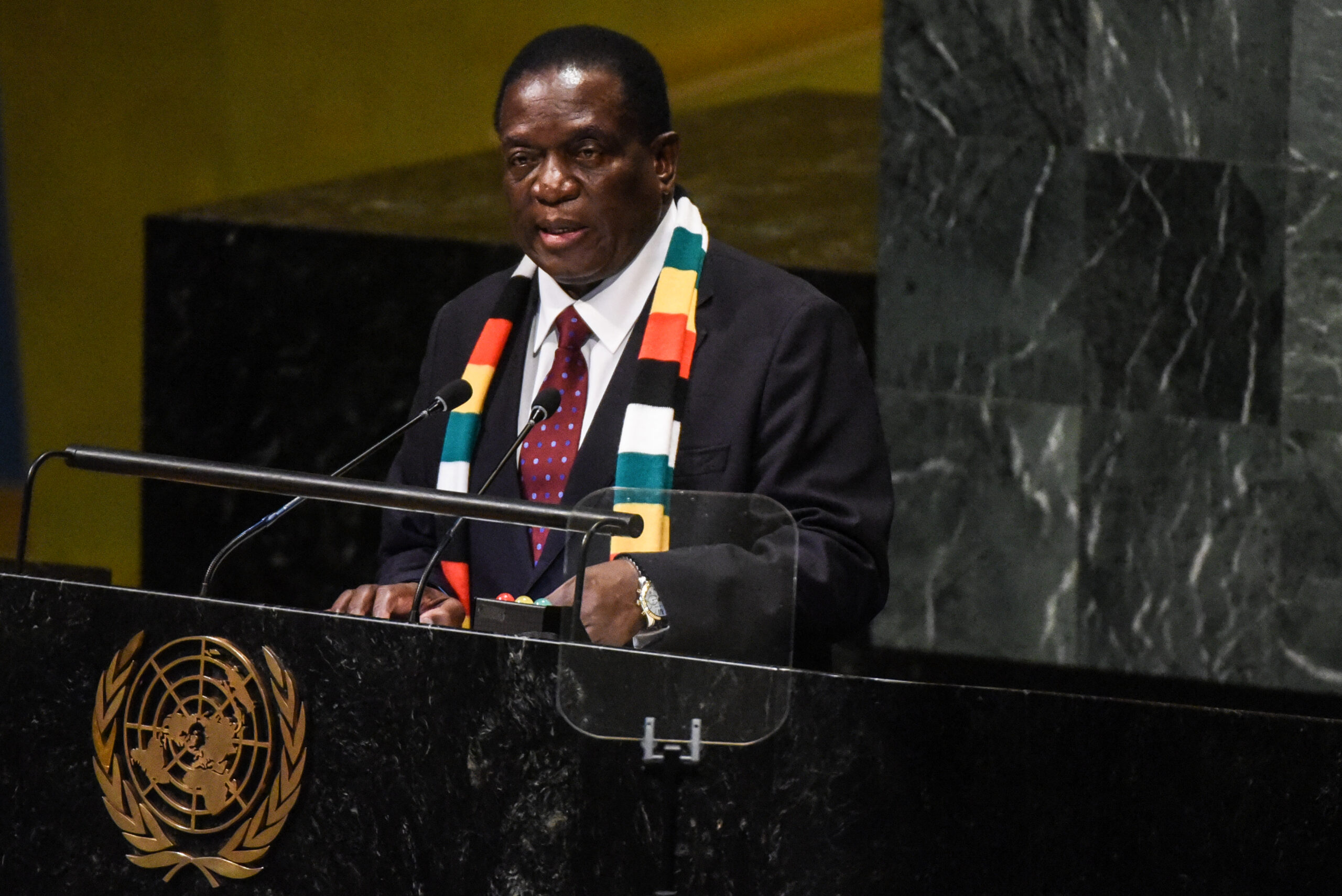
Zimbabwe plans to pull out of CITES

Zimbabwe’s President Mnangagwa is contemplating pulling out of the Convention on International Trade in Endangered Species (Cites) to better guard its wildlife and natural resources, according to the state-run Herald newspaper reports.
The 18th meeting of Cites, which brings together delegates from more than 180 countries, will finish in the Swiss city of Geneva on Wednesday.
The meeting, which began on 17 August, confirmed the decision to maintain a ban on international trade in elephant ivory. This was in rejection of a proposal by SADC countries, to open trade to clear existing stockpiles of ivory.
CITES’ rejection of the proposal was based on the concern that it would encourage poaching and reverse gains in wildlife management.
Yet the SADC countries have argued that the funds would be vital in helping protect the animals from poaching and enhance conservation efforts.
“We are sitting on ivory stockpiles worth $600m [£491m]. It’s a lot of money we can use for big projects,” the Herald quotes Mr Mnangagwa as saying. Such projects included training rangers and to erect buffer zones for wildlife.
“Our wild animals are being discussed in Geneva, an irrelevant place to the animals. We now know what to do about the issue,” Mr Mnangagwa is quoted as saying.
The Zimbabwean leader also questioned the motives of the decision makers.
“Cites is made up of people who have exhausted their wildlife resources and those who have managed to conserve them,” he said. “Europeans have consumed all their animals, but they want to set rules for us who have managed to conserve theirs.
“We want the hides, ivory and other essentials to be sold so that we get money to invest in looking after the animals,” Mnangagwa added. “At the moment we have more than 84 000 elephants for a carrying capacity of around 56 000.






